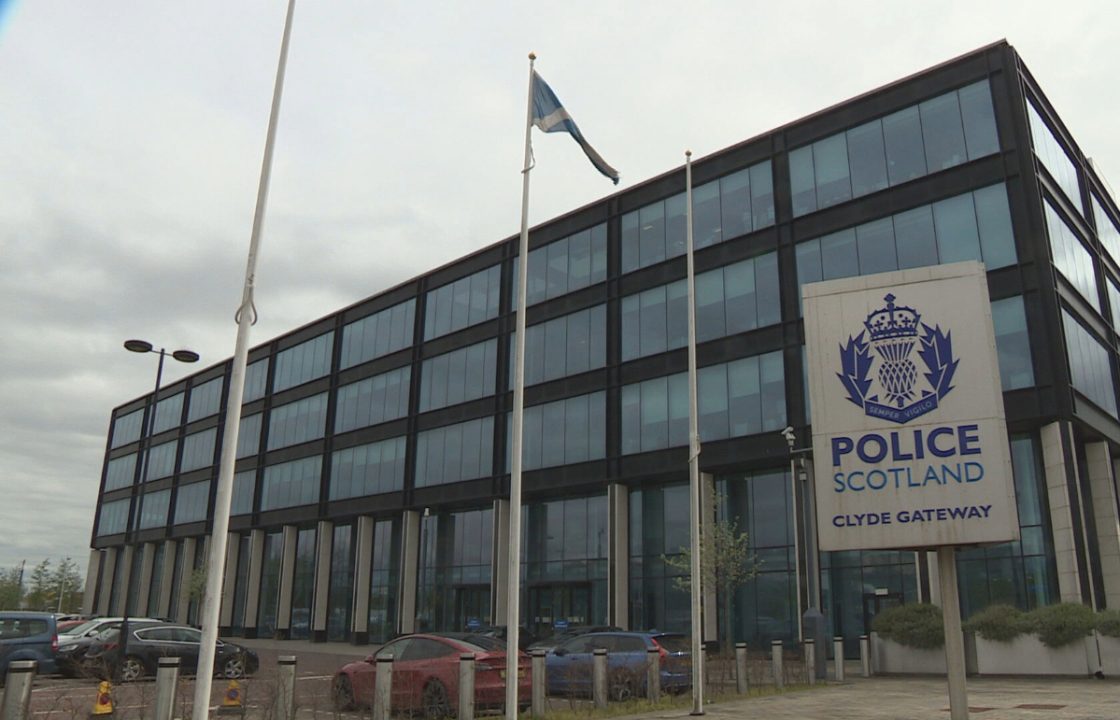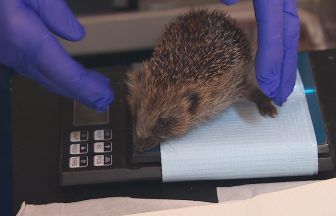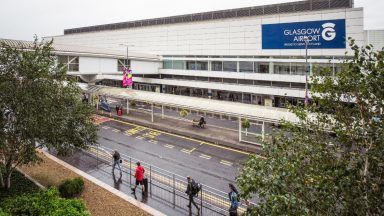Many Police Scotland frontline officers feel current staffing levels mean they are “unsafe”, a watchdog has found.
HM Inspectorate of Constabulary in Scotland (HMICS), reviewed Police Scotland’s wellbeing provision and found staffing levels were a prominent concern for officers.
Chief Inspector of Constabulary Craig Naylor said: “Many of those frontline officers and staff we spoke to indicated they felt that current staffing levels in their areas left them feeling vulnerable and, at times, unsafe.
“We heard consistently that more needs to be done to ensure the pressure associated with the dynamic and demanding nature of policing does not disproportionately impact the frontline and that the load should be more evenly shared.
“Resource levels also impact on time away from work, with the cancellation of rest days disrupting the quality of recovery time, and officers and staff reporting difficulties in trying to re-roster days off.
“Compounding this problem was the requirement to attend court, often on rest days, with officers and staff only being required to give evidence on a very small number of occasions, adding to feelings of frustration.”
The inspectorate’s report, Frontline Focus – Wellbeing, found no recognition or reference to areas of significant stress in any of the work being undertaken by Police Scotland in relation to wellbeing.
But while the force offered good support to its officers in times of crisis, a number of other issues affected their wellbeing.
A scarcity of resources and stations in poor condition were issues of concern to staff and officers it was found.
HMICS found police buildings with holes in the roof, water running down walls and furniture in a poor state.
Mr Naylor said: “Police officers and staff support communities during their times of need, witnessing trauma, distress and acts of violence on a daily basis.
“They are exposed to incidents and experiences that most people will not see in their lifetime, and they do this willingly – often running towards danger as others run away.
“It is essential that officers and staff are looked after before – and if – they become unwell, so they can continue to deliver this service to the people of Scotland.”
HMICS heard mixed views on whether wellbeing was seen as an organisational priority.
Many frontline officers and staff said they only had a vague awareness of wellbeing services provided by Police Scotland, and the inspectors found support provided by line-managers to be inconsistent due to a lack of training.
The report found dramatic contrasts across the country when it came to the physical environments where police staff and officers work.
Mr Naylor said: “It tended to be those offices and stations where frontline officers and staff work, that inspectors have noted the worst conditions.”
The inspection contained seven recommendations for the force to improve wellbeing provision, including calling for wellbeing impact assessments when developing new and existing procedures.
Mr Naylor welcomed a recent announcement by chief constable Jo Farrell, who said the force will focus less on officer numbers, and more on prioritising what should be done.
He added: “Such a focus should help ease the pressure of expecting the frontline to do more with less.
“The challenge remains, of course, for policing to live within its budget, while delivering a high quality of service and protecting the wellbeing of the staff and officers.”
Deputy chief constable Alan Speirs, of Police Scotland, said: “Policing is relentless and is a job like no other.
“The chief constable has prioritised the health and wellbeing of our officers and staff, whose feedback was integral in agreeing a £17m investment in enhanced welfare provisions.
“These include a new 24/7 employee assistance programme, direct access to occupational health services and a greater focus on mental health.
“We have restarted officer recruitment and are working with the partners in the criminal justice system and in health to reduce unnecessary demand on our frontline officers and staff.
“Police Scotland inherited an ageing estate with many buildings not fit for modern policing and we are working hard to provide our people with appropriate working conditions.”
Follow STV News on WhatsApp
Scan the QR code on your mobile device for all the latest news from around the country
























